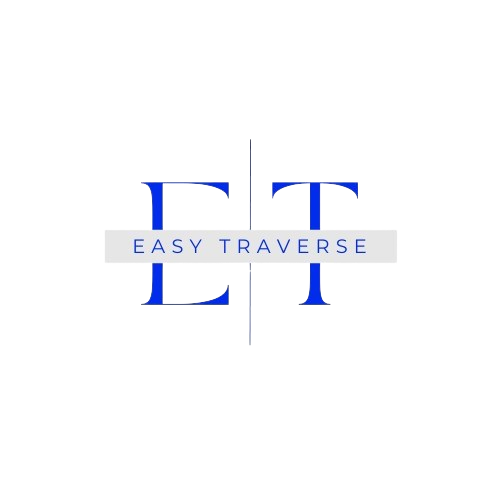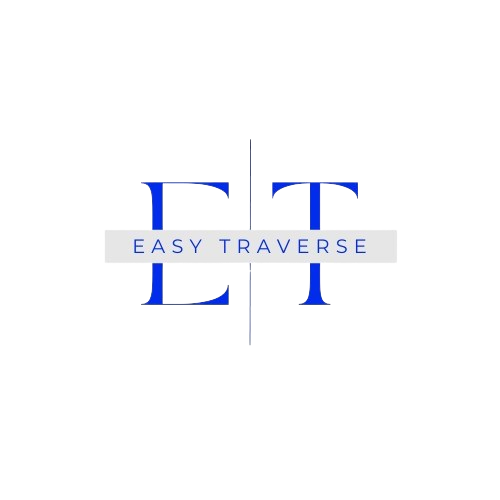As a remote worker in Nigeria, managing taxes and finances can be challenging, especially with the unique financial responsibilities that come with working from home or for international companies. Proper financial management is crucial for ensuring you comply with tax laws while maintaining your financial health. Here’s a guide to help you navigate taxes and finances as a remote worker in Nigeria.
1. Understand Your Tax Obligations
Nigeria has a tax system that requires individuals, including remote workers, to pay taxes on their income. Remote workers are subject to tax laws that govern both self-employed individuals and employees working for Nigerian or foreign companies.
- Personal Income Tax (PIT): In Nigeria, all individuals earning above a certain threshold are required to pay Personal Income Tax. The amount of tax you pay depends on your income and where you’re working from. For example, remote workers employed by foreign companies may still be subject to Nigerian tax laws if they reside in the country.
- Tax Residency: If you are residing in Nigeria for more than 183 days within a 12-month period, you are considered a tax resident. This means you are obligated to pay taxes on your worldwide income, including income from foreign employers or clients.
2. Register with the Federal Inland Revenue Service (FIRS)
As a Nigerian resident, you need to register with the Federal Inland Revenue Service (FIRS). If you are self-employed or a freelancer, it is essential to register as a taxpayer. This will ensure you are properly accounted for and help you fulfill your tax obligations.
- Tax Identification Number (TIN): You’ll need to obtain a TIN from the FIRS. This number is crucial for filing taxes and reporting income. You can obtain your TIN online through the FIRS portal or at any FIRS office.
3. Know the Tax Rate and Filing Process
Nigeria uses a progressive tax rate for personal income taxes. The rates increase as your income grows. For example:
- Up to ₦300,000: 7%
- ₦300,001 – ₦600,000: 11%
- ₦600,001 – ₦1,100,000: 15%
- ₦1,100,001 – ₦1,600,000: 19%
- ₦1,600,001 – ₦3,200,000: 21%
- Above ₦3,200,000: 24%
If you’re earning income from a foreign employer, your tax filing will still depend on the total income you make. Foreign employers may not automatically deduct tax from your salary, which means you are responsible for paying your own taxes.
4. Understanding Tax Deductions and Reliefs
There are several tax deductions and reliefs that you may be eligible for as a remote worker:
- National Housing Fund (NHF): Contributions to the NHF are tax-deductible up to a specific limit.
- Pension Contributions: If you contribute to a pension plan, those contributions are also tax-deductible.
- Donations to Charities: Charitable donations may qualify for tax relief under certain conditions.
Make sure to keep records of all relevant expenses, including those related to your work, as you might be able to deduct some of these from your taxable income.
5. Separate Business and Personal Finances
As a remote worker, particularly if you are self-employed or freelance, it’s important to separate your personal finances from business finances. This will help you manage your earnings, track expenses, and calculate the appropriate taxes more easily.
- Open a Business Account: If you’re freelancing or running a small business, consider opening a separate business account for your earnings. This will make it easier to track your income and expenses and avoid mixing personal and business transactions.
- Record Your Earnings and Expenses: Keep thorough records of all income and expenses related to your remote work. This will be helpful for tax filing and deductions.
6. Plan for International Taxation
If you work for foreign companies or clients, it’s important to understand the tax laws in the countries where your employers are based. For example, some countries may have agreements with Nigeria to prevent double taxation, meaning you won’t have to pay taxes in both Nigeria and the country where the employer is located.
- Double Taxation Agreements (DTA): Nigeria has double taxation agreements with several countries, which could reduce the amount of tax you pay to foreign governments. Research whether your employer’s country has a DTA with Nigeria, and consult with a tax professional for guidance.
7. Save for Retirement and Long-Term Financial Goals
As a remote worker, you may not have access to employer-sponsored retirement benefits. It’s important to plan and save for your own retirement, as well as for other long-term financial goals.
- Contribute to a Pension Plan: Consider opening a Voluntary Contributory Pension Scheme account with a pension fund administrator in Nigeria. Contributions to a pension plan are tax-deductible and will provide you with security in the future.
- Emergency Fund: Build an emergency fund to cover unforeseen expenses or periods when your remote work income might fluctuate.
- Invest Wisely: Explore investment options in Nigeria, such as stocks, bonds, or mutual funds, to grow your wealth. Remember to diversify your investments to minimize risk.
8. Use Accounting and Tax Software
Using accounting and tax software can help you stay on top of your finances and taxes. These tools will make it easier to track your income, expenses, and tax obligations.
- Accounting Software: Tools like QuickBooks or Wave can help you keep track of your business income and expenses, generate invoices, and manage your finances more effectively.
- Tax Filing Software: Tax software like Taxify can help simplify the tax filing process and ensure you’re meeting all of Nigeria’s tax requirements.
9. Seek Professional Advice
Navigating taxes and finances as a remote worker can be complex, especially when working with international clients or employers. It’s a good idea to seek advice from a tax professional or accountant who understands Nigerian tax laws and international taxation.
- Consult a Tax Professional: A tax professional can help you understand your tax obligations, avoid penalties, and maximize deductions.
- Financial Advisor: A financial advisor can assist you in planning for retirement, budgeting, and investing effectively.
10. Stay Informed
Tax laws and financial regulations may change, so it’s important to stay informed about any updates that may affect your remote work status.
- Keep Up with FIRS Announcements: Regularly check the FIRS website or subscribe to their newsletter for updates on changes to tax laws and deadlines.
- Join Online Communities: Joining remote work or finance groups can help you stay informed about best practices for managing taxes and finances as a remote worker.





